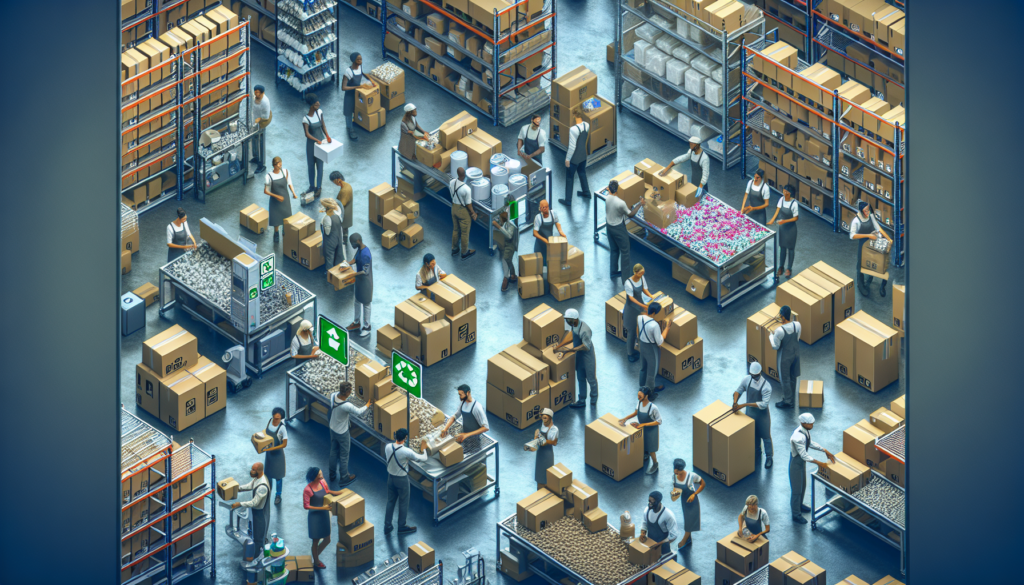Sustainable packaging refers to the use of materials and processes that have a minimal impact on the environment. This can include using recycled materials, reducing packaging waste, and choosing packaging materials that are easily recyclable or biodegradable.
There are several reasons why businesses should prioritize sustainable packaging in their fulfillment operations. First and foremost, consumers are becoming increasingly aware of the environmental impact of their purchasing decisions. A recent study found that 73% of consumers are willing to pay more for products that come in sustainable packaging. By prioritizing sustainable packaging, businesses can attract environmentally conscious consumers and build brand loyalty.
In addition to attracting customers, sustainable packaging can also help businesses reduce their carbon footprint. By using recycled materials and designing packaging that is more efficient to ship, companies can reduce the amount of energy and resources used in their fulfillment operations. This not only benefits the environment but can also lead to cost savings in the long run.
Another reason why businesses should prioritize sustainable packaging is that it can help them comply with regulations and industry standards. Many countries are implementing stricter regulations on packaging waste and emissions, and businesses that do not comply may face fines or other penalties. By using sustainable packaging practices, businesses can ensure that they are meeting these regulations and avoiding any potential legal issues.
Furthermore, sustainable packaging can also help businesses improve their supply chain efficiency. By using materials that are easier to recycle or biodegrade, companies can reduce the amount of waste that ends up in landfills. This can also help businesses streamline their operations and reduce costs associated with waste disposal.
Overall, prioritizing sustainable packaging in fulfillment operations is not only good for the environment but can also have a positive impact on a company’s bottom line. By attracting environmentally conscious consumers, reducing carbon emissions, complying with regulations, and improving supply chain efficiency, businesses can see a variety of benefits from incorporating sustainable packaging practices into their operations.
In conclusion, sustainable packaging is an important aspect of modern business operations that should not be overlooked. By prioritizing sustainable packaging in fulfillment operations, businesses can attract customers, reduce their carbon footprint, comply with regulations, and improve supply chain efficiency. In today’s competitive marketplace, businesses that prioritize sustainability will not only help protect the environment but also position themselves for long-term success.
FAQs:
Q: What are some examples of sustainable packaging materials?
A: Some examples of sustainable packaging materials include recycled cardboard, biodegradable plastics, and compostable materials.
Q: How can I determine if a packaging material is sustainable?
A: Look for packaging materials that are easily recyclable, made from recycled materials, or certified by organizations such as the Forest Stewardship Council (FSC) or the Sustainable Forestry Initiative (SFI).
Q: Are there any cost savings associated with sustainable packaging?
A: Yes, businesses can see cost savings in the long run by using sustainable packaging materials that are more efficient to ship and reduce waste disposal costs.
Q: How can I incorporate sustainable packaging into my fulfillment operations?
A: Start by evaluating your current packaging materials and processes, and identify areas where you can make improvements. Work with suppliers who offer sustainable packaging options, and educate your employees on the importance of sustainability in packaging.
For more information on sustainable packaging in fulfillment operations, visit https://fulfillmenthubusa.com.
[ad_2]
